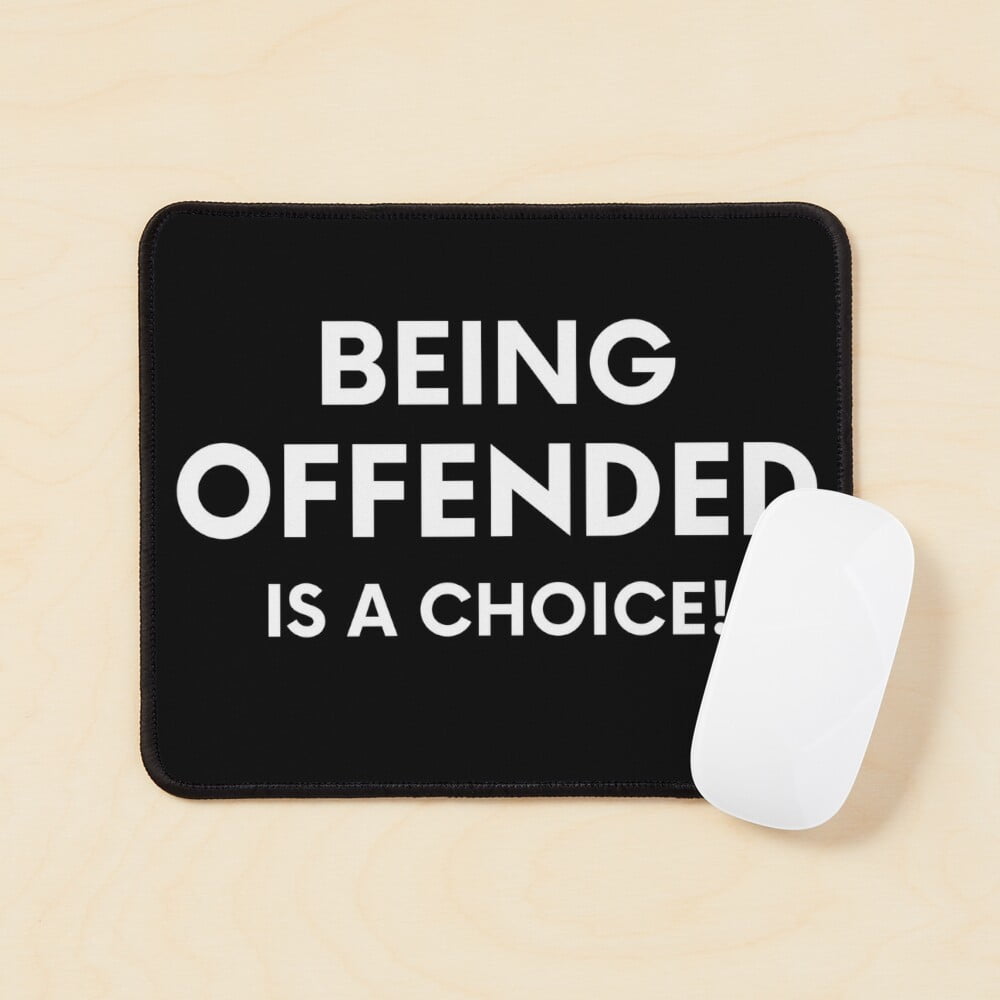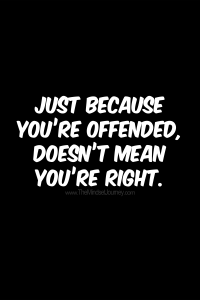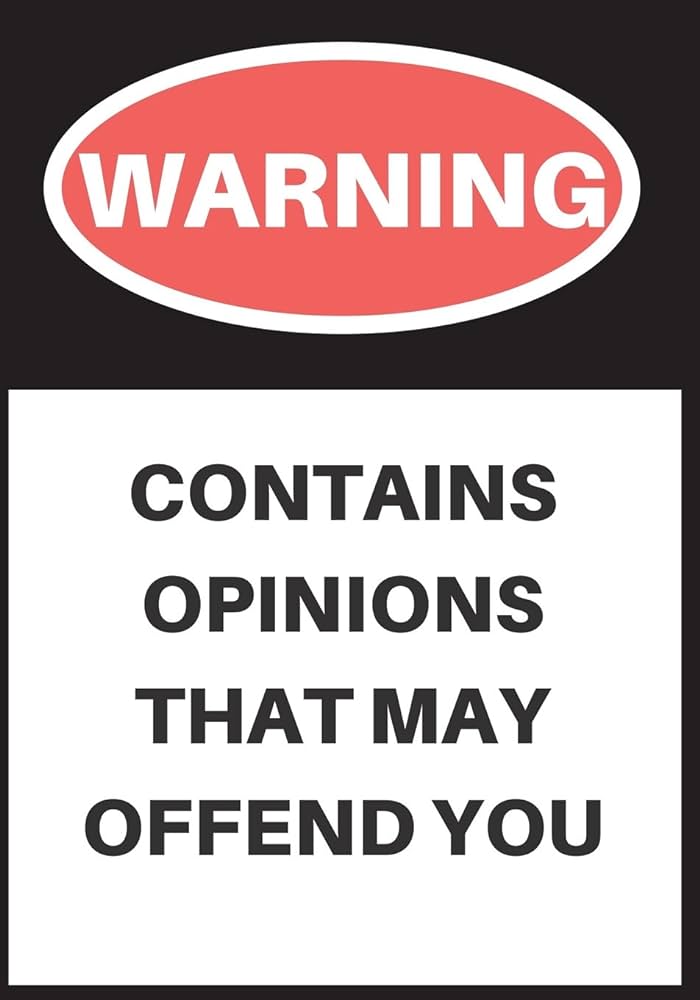In a world where social media and public discussions have become an integral part of our lives, it seems that people are becoming increasingly quick to take offense. It’s as if everyone is walking on eggshells, afraid to express their thoughts and opinions for fear of unintentionally offending someone. But is it fair to expect the so-called offender to take full responsibility for the feelings of those who are offended?
After 25 years in a wheelchair, finding myself on the receiving end of countless, senseless and unsought remarks, I have come to realize that I have the choice to accept or to reject someone’s remark. No matter how hurtful, silly or even idiotic I find that person’s remark and no matter how offended I feel, I own the responsibility to either react or to ignore it, to allow it to derail me or to just take it where it comes from – usually from someone else’s dark place, not mine.
Let’s explore this tendency of taking offense easily and the complex dynamics at play.
The Offense Conundrum
It’s important to begin by acknowledging that offense is subjective. What might not be offensive or hurtful to one person can be deeply offensive to another. Cultural, social, and personal backgrounds, personal beliefs and principles all play a role in shaping our sensitivities. As a result, the line between expressing oneself and unintentionally causing offense can be incredibly fine.
The Expectation of Responsibility
In today’s society, there’s a growing expectation that if someone says something offensive, they must bear the full responsibility for the feelings of those who are offended. This expectation is rooted in the desire for a more empathetic and inclusive world, where individuals are mindful of the impact their words can have on others. However, while this desire is admirable, it’s important to remember that navigating the complex landscape of offense and responsibility is not always straightforward.
The Individual Responsibility

While it’s reasonable to expect people to be mindful of their words and actions, expecting someone to take full responsibility for the feelings of those who are offended is somewhat unrealistic. Emotions are complex and personal. Each person’s response to an offensive remark or action can differ greatly. It’s crucial to strike a balance between holding individuals accountable for their behavior and recognizing that we all have a responsibility to manage our emotional responses.
We own our response, we choose to accept or to reject a perceived offense.
The Power of Dialogue
Open and respectful dialogue can play a crucial role in bridging the gap between those who take offense and those who may inadvertently cause it. Instead of immediately vilifying the so-called offender, it’s often more productive to engage in a conversation to understand their perspective and explain why the words or actions were hurtful. This approach can lead to increased empathy and mutual understanding.
Promoting Thick Skin and Resilience

In a world where taking offense has become increasingly common, it’s also essential to promote emotional resilience. Encouraging individuals to develop a “thicker skin” does not mean dismissing their feelings but rather helping them cope with the realities of a diverse and often challenging world. Exploring why offense was taken, can also pave the way to becoming more resilient. Eg. were self esteem issues or rigid beliefs triggered? If so, they are It’s a delicate balance between empathy and resilience, which can lead to personal growth and societal progress.
Conclusion
In a society that strives for inclusivity and empathy, it’s only natural that people want to hold others accountable for the feelings of those who are offended. However, it’s important to remember that the line between taking offense and taking responsibility is a complex one. It’s a shared responsibility, with both the so-called offender and those who feel offended playing a role in fostering understanding and empathy.
Ultimately, we should encourage open, honest and direct dialogue, emotional resilience, and personal growth as we navigate this ever-evolving landscape of offense and responsibility. By doing so, we can hope to build a more inclusive and understanding society that values both freedom of expression and the well-being of its members.

